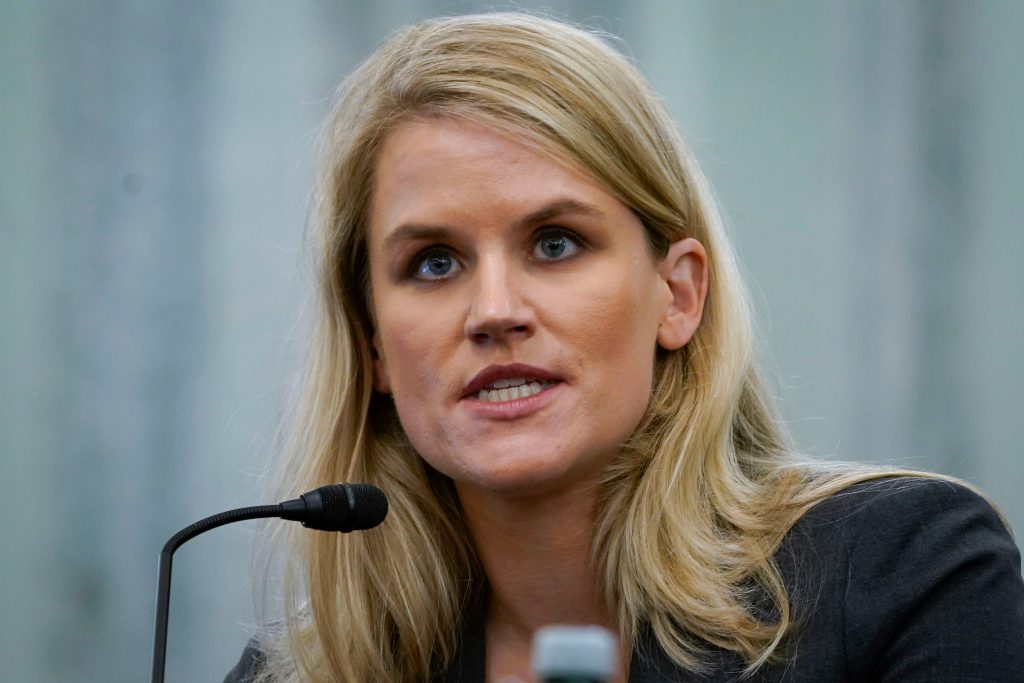
Was I the only one who said “good” when they learned about the ‘Facebook blackout’ that occurred last week? I’ve never been a fan of the site and I have very cynical views regarding social media in general. I believe social media has many benefits if it is used the right way and for the right things. Narcissism, disinformation, and division are not any of them.
Frances Haugen, a whistleblower and former employee of Facebook, claimed in her 60 Minutes interview that the tech giant knew its indifference to hate and misinformation “tears our societies apart.” She singled out the network’s 2018 change to the algorithm on its news feed, which caused it to prioritize content that increased user engagement, arguing it made divisive content more prominent.
I watched the 60 Minutes interview and was intrigued enough by the interview to watch Ms. Haugen’s testimony before a US Senate subcommittee. She testified that she studied how Facebook’s algorithm amplified misinformation and was exploited by foreign adversaries amongst other things. One of the more concerning pieces of testimony she provided was her account of European political parties contacting Facebook to complain that they felt compelled to take more extreme positions in order to attract users’ attention after the algorithm change 2018.
This is astonishing not only due to the pandering that has become the main concern of politicians, but also the power (whether directly or indirectly) for a corporation to have such massive influence. “You are forcing us to take positions that we don’t like, that we know are bad for society. We know if we don’t take those positions, we won’t win in the marketplace of social media” she went on to testify. Facebook is changing the ways countries are run.
The tricky thing about algorithms is that they can be manipulated. This data manipulation could have incredible effects not only on society at large but certainly in the more vulnerable developing nations. Social media, and Facebook specifically, by far have exponential opportunities to benefit the development sector. If policy, attitudes and concerns that effect development can be shaped by misinformation campaigns that gather a higher number of followers then there is much energy that must go towards installing safeguards. Until those safeguards are in place perhaps a few more Facebook blackouts would benefit us all.

